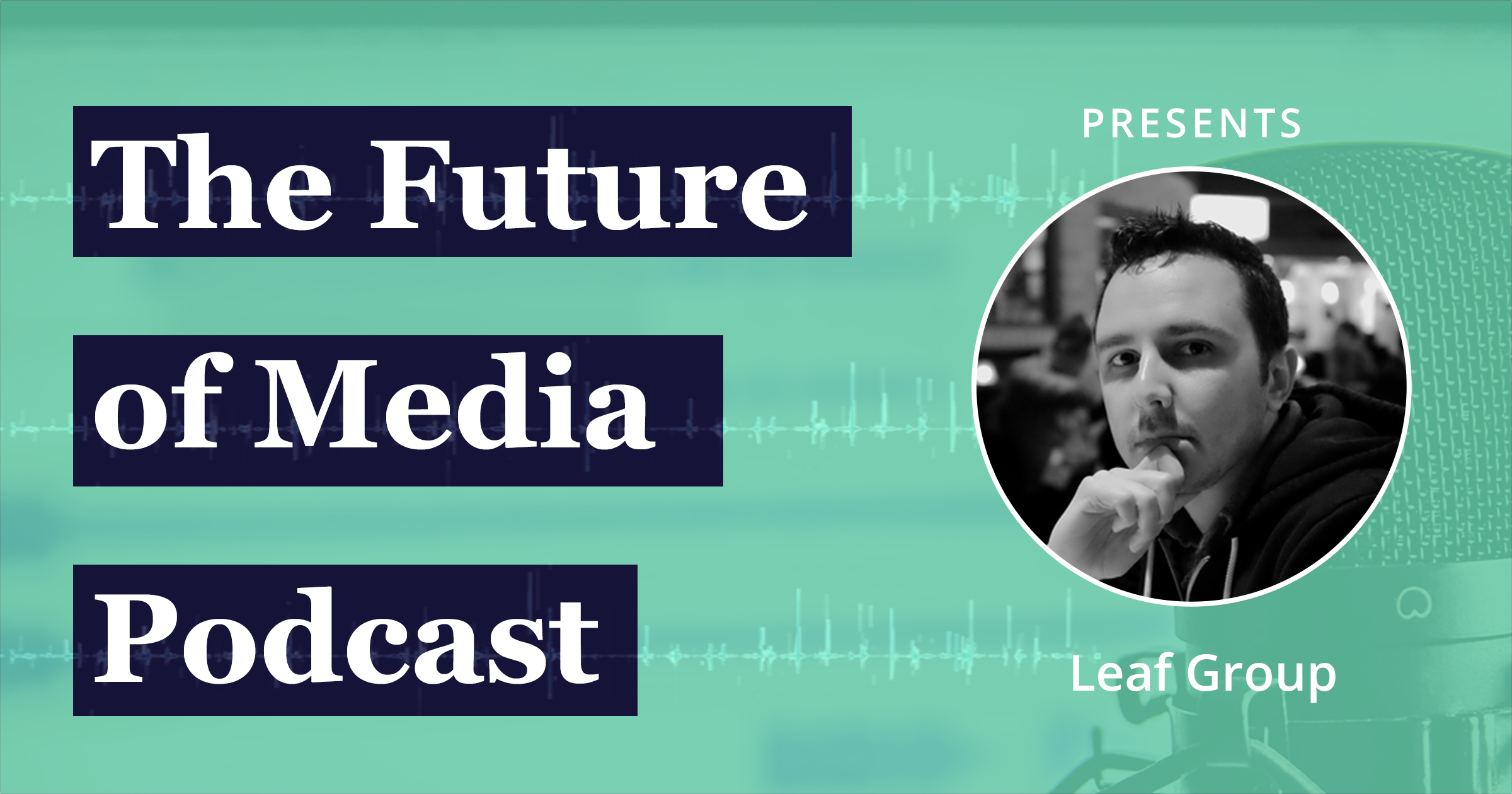
Digital Assistants & Virtual Bubble Gum — Build Deep Relationships On The Right Channels
Serial entrepreneur and digital media executive, Mitchell Pavao, covers how to stand out in the crowded digital world, cut risk, and build sustainable customer relationships. He shares how today's static digital interactions will evolve over the next 10 years and how to keep up.
Guest

Mitchell Pavao
SVP of Digital Media
Mitchell Pavao is a three-time entrepreneur and hands-on Product leader with 15 years experience building products and teams in the digital space. His career began as the tech co-founder of PureVolume Inc, an online startup which founded and operated purevolume.com, a popular music platform for indie & pop artists; and virb.com, a social network targeted at creators. He successfully sold Virb and PureVolume to Media Temple (a GoDaddy company) and SpinMedia, respectively. He also co-founded Hunker.com, a home design inspiration site, which was acquired by Demand Media. Pavao went on to become the VP of Product at SpinMedia, where he headed up product for the company's entire portfolio of media properties, reaching over 40MM unique visitors a month. Pavao then went on to be SVP of Product & Technology at Myspace & its parent company Viant. While there, he led Myspace's evolution, increasing visits to the site 460% year over year (comScore, Dec 2014). Mitchell is currently SVP of Digital Media at Leaf Group, and a Digital Advisory Board Member at Innovation Enterprise. When time allows he likes to consult for tech startups, including a Y Combinator startup acquired by Google.
Key Takeaways
- 1Cultivating customer relationships is key to driving growth and staying relevant
- 2Facebook, Apple, Google and Amazon have set a high bar for product experience, and media companies need to stay aligned with those quality experiences
- 3To stand out, your content needs to stay true to your brand and voice
- 4Big tech platforms are a net benefit, but it's still key to build user communication channels outside those platforms
- 5Make it easy for your customers to directly interact with your brand, even offline
- 6There will be a big shift to using digital assistants, just like there the shift to mobile
- 7Efforts to break up big tech companies could harm consumer user experience and put companies in other industries at risk of break up too
- 8The future is bright for brands with a niche focus
- 9Consumer interaction with brands is gradually shifting away from static websites towards audio and virtual interactions
- 10Augmented reality and virtual reality will play a big role in brand/consumer relationships
- 11Stay curious with technology to keep up
Listen on Spotify
Full Interview
Patrick: Hey everyone. Today on the Future of Media Podcast, I've got Mitchell Pavao, Senior Vice President at Leaf Group. Thanks for joining us today, Mitchell.
Mitchell: Hey, my pleasure. Thanks for having me.
Patrick: Could you kick things off by sharing a little bit about your background?
Mitchell: Yeah, I was always a technically inclined individual, and right out of college I started an internet company with a couple of friends. We bootstrapped the whole thing, never took any investment, and created two digital brands. One was PureVolume.com, which was a popular music platform for indie and pop artists during its time. This is around 2003 to 2008 or so. The other was Virb.com, which was a social network targeted at creators with a strong site builder component.
I was the tech co-founder, but as the company grew, your role expands into product operations, back office, et cetera. When you're a startup person, you wear a lot of hats, as I know you know. Over the course of eight years, we sold both of those companies. We sold Virb to Media Temple, which is a GoDaddy company, and we sold Pure Volume to SpinMedia.
Published on April 13, 2019
